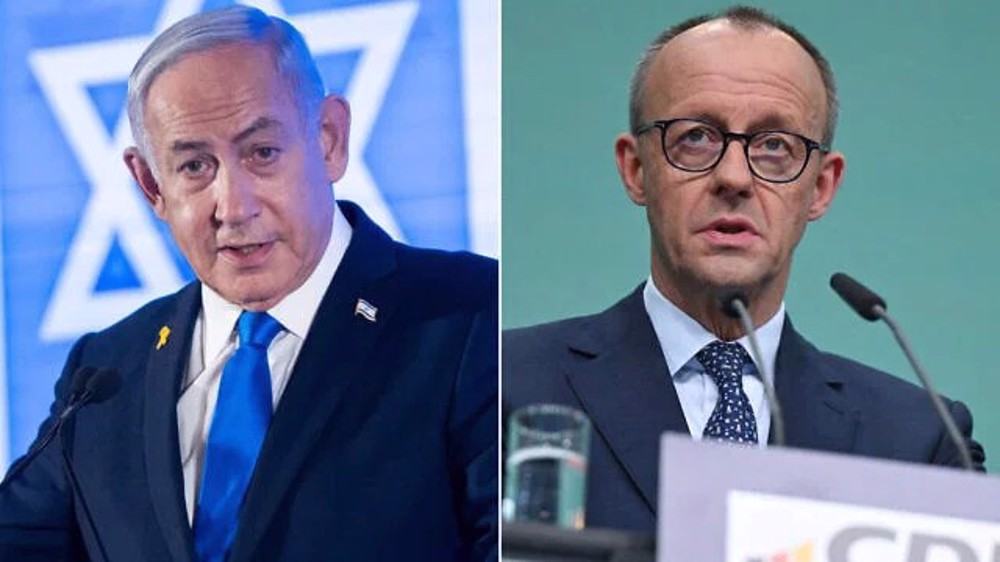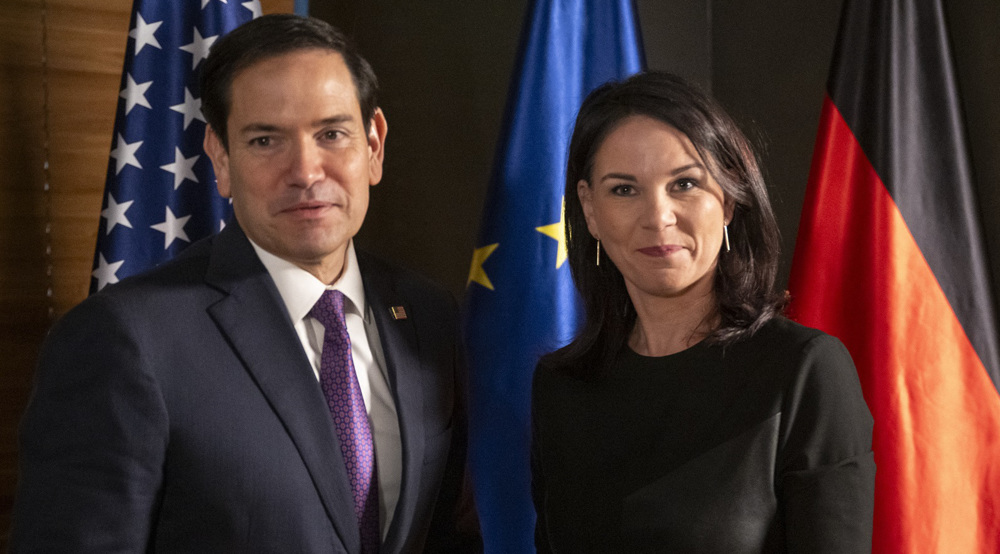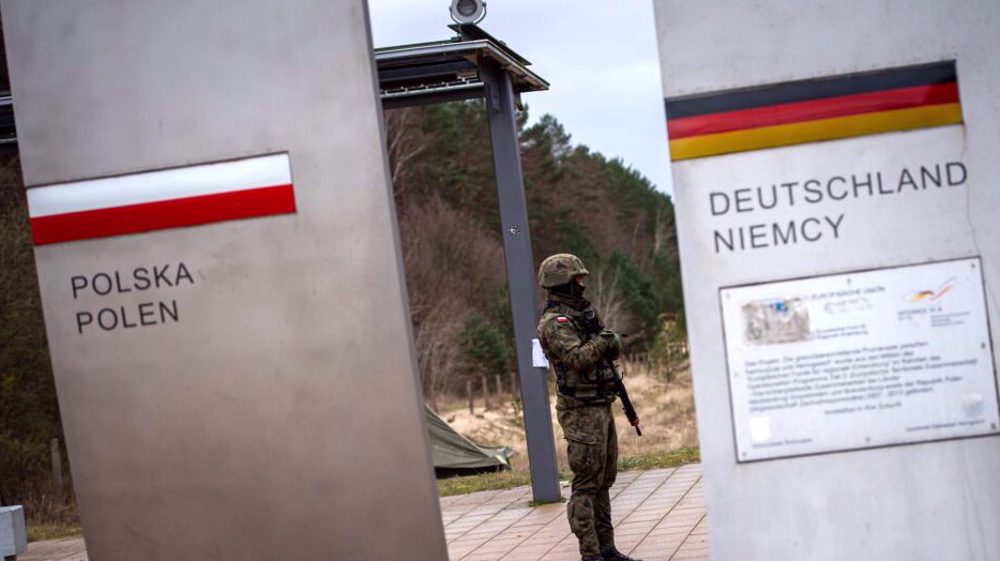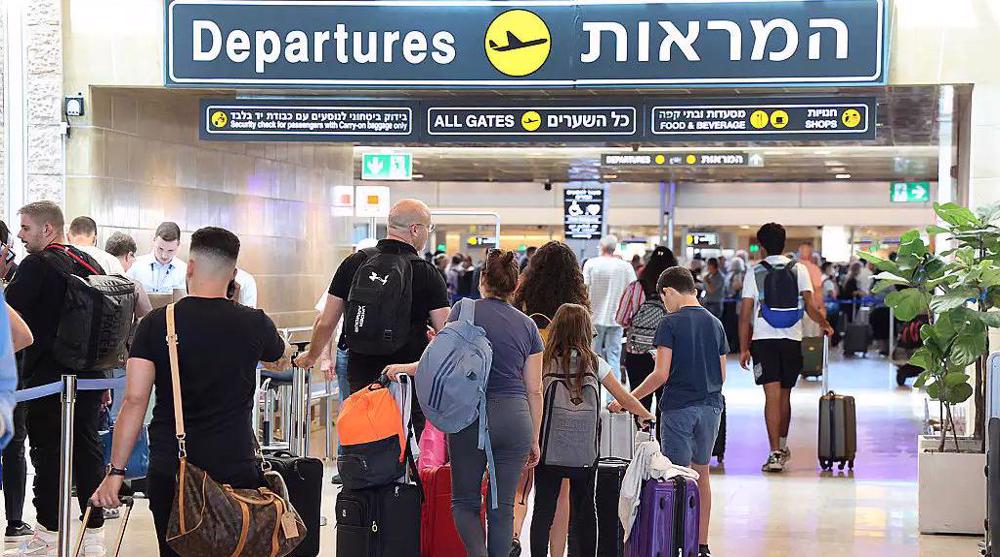Germany to impose checks on Poland, Czech borders to keep asylum seekers out
The German government is set to impose police checkpoints on the borders with Poland and the Czech Republic in a bid to curb an influx of asylum seekers, a German official has said.
The official told POLITICO on Tuesday that these "temporary controls at selected border crossings" will begin "within the next days."
German leaders have come under increasing pressure to crack down on the growing numbers of asylum seekers, many of whom are now crossing the borders of Poland and the Czech Republic. Some 204,000 people requested asylum in Germany within the first eight months of 2023, 77 percent more than the same period last year.
Since Poland and the Czech Republic are members of the passport-free Schengen area, a visa issued by these countries grants the holders free access to 27 states across Europe.
At the same time, media reports said Poland's government was caught in a visa fraud scandal that has led to seven people being detained and the dismissal of the deputy foreign minister.
Germany, which borders Poland, has asked Warsaw for an official explanation on the matter. Chancellor Olaf Scholz called for "clarification" to the accusation that as many as 350,000 migrants bought EU Schengen visas from Polish consulates.
“I don’t want Poland to simply wave people through and then have a discussion about our asylum policy afterwards,” Scholz told a crowd in Nürnberg.
Members of Poland’s right-wing Law and Justice (PiS) party hit back to Scholz’s accusations of the visa corruption scandal, with Poland’s foreign minister, Zbigniew Rau, asking the German chancellor to “refrain from statements that damage our mutual relations.”
Rau also accused Germany of seeking to interfere in his country's internal affairs.
The ruling PiS party had previously admitted the existence of wrongdoing but insisted the scale of the problem was much smaller than what media reports suggested.
Poland's deputy foreign minister, Piotr Wawrzyk, was dismissed and later hospitalized after a disturbance triggered by the scandal reportedly led to self-harm.
Meanwhile, Poland’s state prosecutor has charged seven people suspected of corruption and participation in the fast-tracked visa scheme.
In this regard, the Embassy of the Czech Republic in New Delhi cautioned visa applicants against any practice whereby a third party promises to process visas or secure supporting documents for visa applications, such as employment permits.
Last year, Czech officials announced such offers were fraudulent. However, it also insisted that visas and supporting documents issued by Czech state authorities alone were acceptable, thus raising suspicion of bribery and corruption.
Reports in Polish media suggest that about 250,000 visas have been issued since 2021 in return for bribes, which cost thousands of dollars each. The trip to Poland was seen as an intermediate step for entering northwestern Europe or the United States, the desired destinations.
The Onet news portal reported one case in which a group of Indians paid up to $40,000 for visas and pretended to work on a Bollywood film to fly to Poland and later reach America.
The scandal included nationals from Hong Kong, Taiwan, Saudi Arabia, Singapore, the Philippines, Qatar, and the United Arab Emirates, who are also believed to have paid inflated fees.

Election winner conservative Merz invites Netanyahu to Germany despite ICC warrant

Conservatives win German parliamentary elections amid surge in far-right support

Germany: Europe should pressure Trump to prevent US-Russia alliance
VIDEO | Gazans striving to survive with bare hands
'Shocking attack on free expression': Canadian politician slams arrest of pro-Palestine activist
West Bank Palestinians fear Gaza style destruction as Israel escalates raids
Hamas: Ibrahimi Mosque massacre testament to Israel’s criminal policy
Trump eyes Ukrainian rare earth minerals in exchange for military support to Kiev
Six Gaza children, including newborn girl, die of cold weather as Israel blocks aid
Iran rules out nuclear talks with US amid ‘maximum pressure’ campaign
Israeli tanks roll into West Bank first time in 20 years as prelude to forcible annexation








 This makes it easy to access the Press TV website
This makes it easy to access the Press TV website